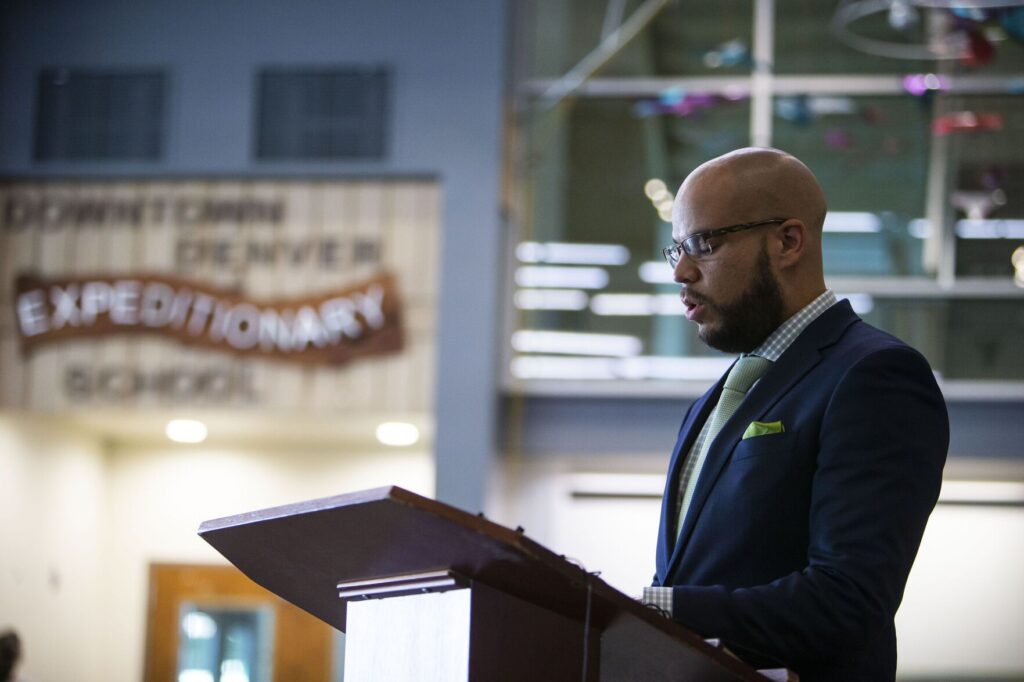SLOAN | Her Majesty, Queen Elizabeth II, R.I.P.


That this is a deeply personal column for me to write is something that I imagine is difficult for most Americans, understandably, to understand. Her Majesty Elizabeth II, by Grace of God Queen of the United Kingdom of Great Britain and Northern Ireland, Canada, and all her other realms and dominions, died last week at the age of 96, peacefully in the beautiful castle of Balmoral in Scotland.
I am Canadian, a fact not made readily clear in print; my editors, bowing to professional, if not aesthetic, obligations, dutifully remove any superfluous “u’s” and other literary quirks unique to what until a few days ago one would have referred to as the Queen’s English. But it remains obvious, I’m informed, within a few minutes of engaging in conversation with me, as the stereotypical British-influenced pronunciation of words like “about”, or “process” (with the long “o”) come out.
Linguistic anomalies aside, being Canadian means I am a subject of the Crown, as constitutionally Canada’s head of state is the British monarch. As a practical matter, this is a mere formality for most Canadians – perhaps for most Briton’s as well; but as a young man, when I volunteered to take up the profession of arms and put on the uniform of my country’s army, I swore allegiance to the Sovereign – the Crown, as embodied by Queen Elizabeth II, my commander-in-chief. My military service was relatively undistinguished, but nonetheless formative, and, though perhaps it is nothing more than a testament to my sentimentally conservative nature, the oath of allegiance I made to the Queen was something I took seriously.
I am often asked why I have not yet become an American citizen. After all, I am a permanent resident and have fulfilled all of the requirements. I have made this country my home, as has my daughter. It is rather ironic that I make my living in the cut-and-thrust world of public affairs, and yet I cannot vote. The full answer eludes even me, but lies buried in that oath I took as a young man. Formally adopting American citizenship requires that one renounce all previous oaths of allegiance. Symbolic? Perhaps. But symbols are not meaningless. Oaths of allegiance, if taken seriously, as they should be, are a bind of honour, duty and loyalty to something transcendent – not quite tangible, but nearly so. Honour, someone once wrote, is the gift a man gives to himself. It follows, at least to me, that allegiance is not something to be bartered or traded like baseball cards.
In the grander sense, it’s not about the person of The Queen as much as it is about what she represented, though in reality it is difficult to separate the two, and the majesty (note the case) of Elizabeth the person admittedly made maintaining allegiance to the Crown easier. Her remarkable and historic reign was made all the more so because she bore the mantle with all the grace and dignity that it demanded. Her reign, at 70 years, was the longest of any monarch in history (Louis XIV was regent for the first 20 years of his reign). She presided over governments headed by 15 Prime Ministers – the first, Sir Winston Churchill, was born during the reign of Queen Victoria; the last, Liz Truss, was born a hundred years later, in 1974. That 70 years witnessed an immense amount of change, but throughout it the Queen remained a constant.
The central virtue of the British monarchy is the continuity it provides, a thread that runs through British society, and that of the former colonies, which serves as a tether to its past, its customs and traditions, lest they be dissipated into the darkness of unmoored modernity. It is an institution much maligned by the rootless, but its purpose is one of a transcendent linkage, between the past, present and future; not eschatological, but worldly. In Queen Elizabeth II one found the nearly perfect embodiment of that institution, providing an example of virtue, grace, culture, manners and a distinguished moral leadership always on display for her subjects and for the world, a grace and virtue unencumbered by the shackles of unrestrained modernity. Her essence was her intuitive knowledge that her title was not about her, but that she was the standard bearer of an institution whose importance and awesome responsibility transcends that of any individual human. Not all who have born that mantle bore it well, or with honour. Elizabeth, by the Grace of God, did, and more.
Maybe it is something of an affront to American individualist sensibilities, which I admire enough to have moved and settled here and devote my professional life to defending – but deep down there remains that tie to that common thread, as yet unbreakable. And it is that tie which causes me to mourn, and to weep for Her Majesty, The Queen. Our Queen. My Queen.
Kelly Sloan is a political and public affairs consultant and a recovering journalist based in Denver.












